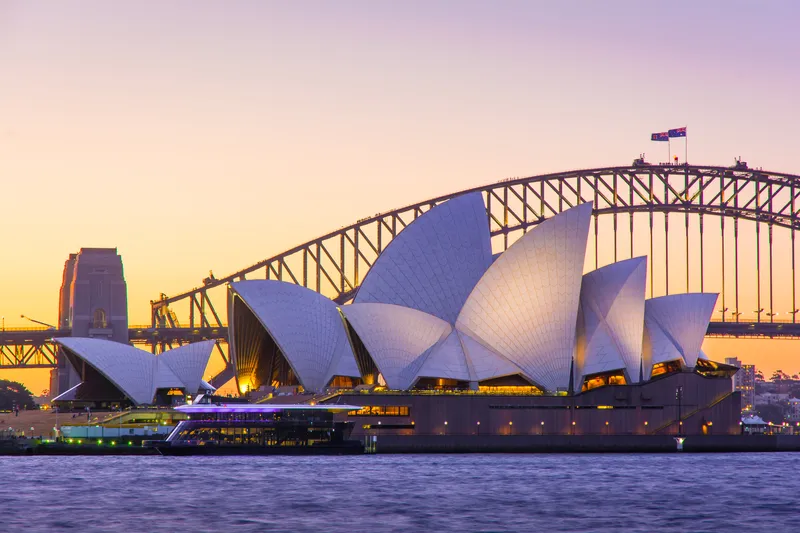Thailand's Board of Investment is trying to woo car manufacturers to the country. From its position as the world's No. 1 producer of one-ton pickup trucks, it claims Thailand is quickly emerging as a global hub for fuel efficient, eco-friendly car manufacturing, with Euro-4 emission standards and a fuel economy of nearly 50 miles per gallon. Six of the world's top auto producers have based their fuel efficient car production in Thailand in recent years.
April 17, 2012
Read time: 2 mins
Thailand's Board of Investment is trying to woo car manufacturers to the country. From its position as the world's No. 1 producer of one-ton pickup trucks, it claims Thailand is quickly emerging as a global hub for fuel efficient, eco-friendly car manufacturing, with Euro-4 emission standards and a fuel economy of nearly 50 miles per gallon. Six of the world's top auto producers have based their fuel efficient car production in Thailand in recent years.
Boding well for the country's eco-car future is the Obama administration's plan to require new cars sold in the US to have a fuel economy of 56.2 miles per gallon by 2025. As the 12th largest auto producer in the world, Thailand says it offers car producers working under the new fuel requirements a robust auto-making infrastructure built over two decades and easy access to Southeast Asia's 592 million consumers.
This year, Thailand's passenger car production has surpassed an annual capacity of 558,000 automobiles per year with support and attractive incentives offered from the Thai government to auto producers that encourage new investment in fuel efficient car production. Recent news includes:
Thailand's Board of Investment claim that auto companies and their suppliers have looked to the country for decades because it has the highest production capacity in the region with more than 1.6 million vehicles produced and more than $1 billion invested by global vehicle makers in 2010. Thailand is expecting another $1.3 billion in investment this year.
"Thailand is already an auto manufacturing leader,” says Atchaka Sibunruang, secretary-general of the Thailand Board of Investment. “As a country, we are looking to the future, and the future in many industries is in the green sector. It's a central factor in our plan to be a top ten auto producer by 2015."
Boding well for the country's eco-car future is the Obama administration's plan to require new cars sold in the US to have a fuel economy of 56.2 miles per gallon by 2025. As the 12th largest auto producer in the world, Thailand says it offers car producers working under the new fuel requirements a robust auto-making infrastructure built over two decades and easy access to Southeast Asia's 592 million consumers.
This year, Thailand's passenger car production has surpassed an annual capacity of 558,000 automobiles per year with support and attractive incentives offered from the Thai government to auto producers that encourage new investment in fuel efficient car production. Recent news includes:
-
278 Ford Thailand announced its Ford Fiesta helped year-over-year May sales grow by 327 per cent.
-
4962 Mitsubishi recently made its largest Thailand investment to date, and largest investment outside of Japan, by building a US$535 million Global Small Concept vehicle in Thailand, due in 2012.
- Two major eco-car launches successfully took place from Thailand:
1683 Honda's Brio and838 Nissan's March. The companies also plan to launch four-door eco-car models from Thailand in the next two years.
Thailand's Board of Investment claim that auto companies and their suppliers have looked to the country for decades because it has the highest production capacity in the region with more than 1.6 million vehicles produced and more than $1 billion invested by global vehicle makers in 2010. Thailand is expecting another $1.3 billion in investment this year.
"Thailand is already an auto manufacturing leader,” says Atchaka Sibunruang, secretary-general of the Thailand Board of Investment. “As a country, we are looking to the future, and the future in many industries is in the green sector. It's a central factor in our plan to be a top ten auto producer by 2015."









